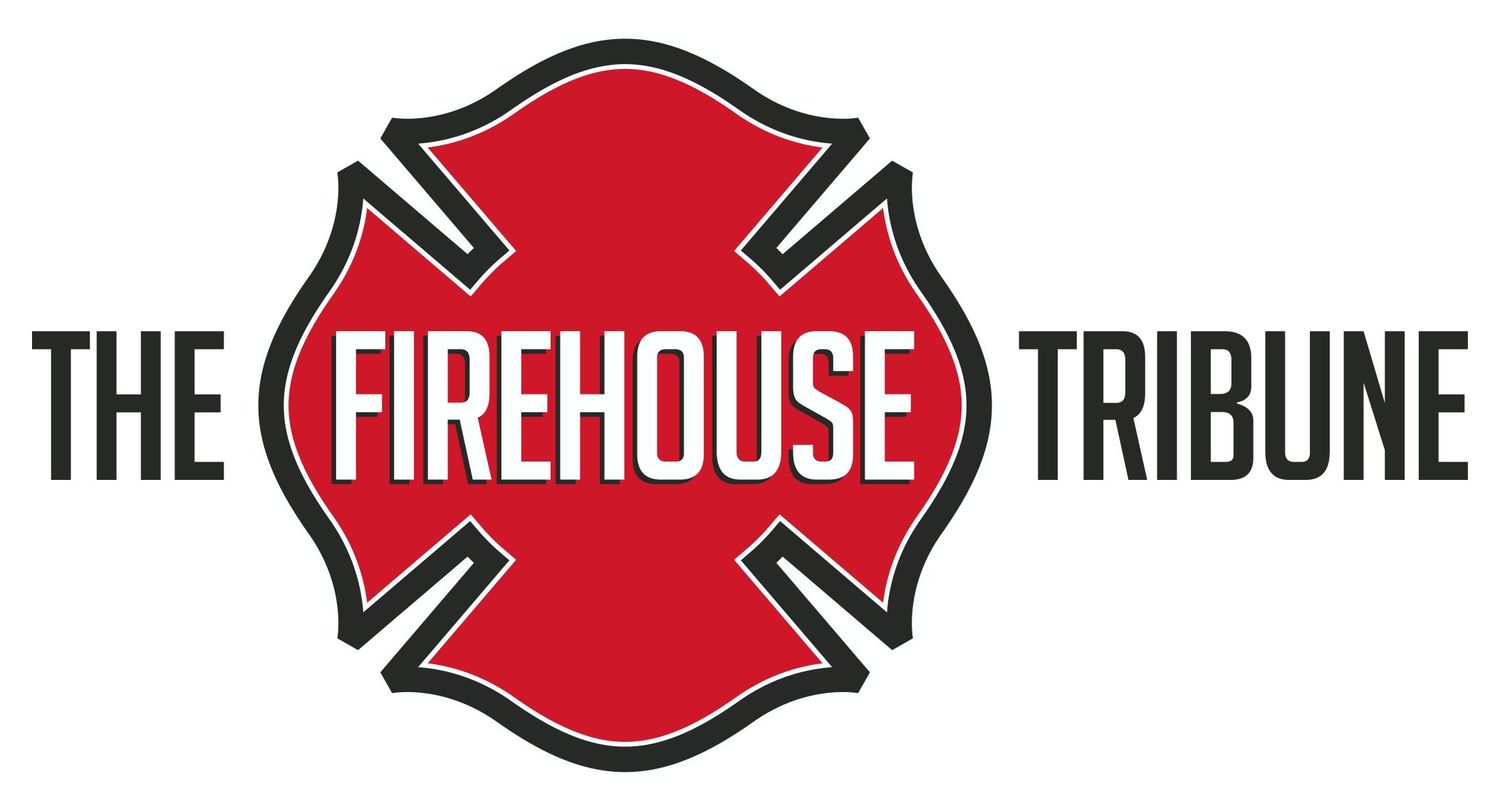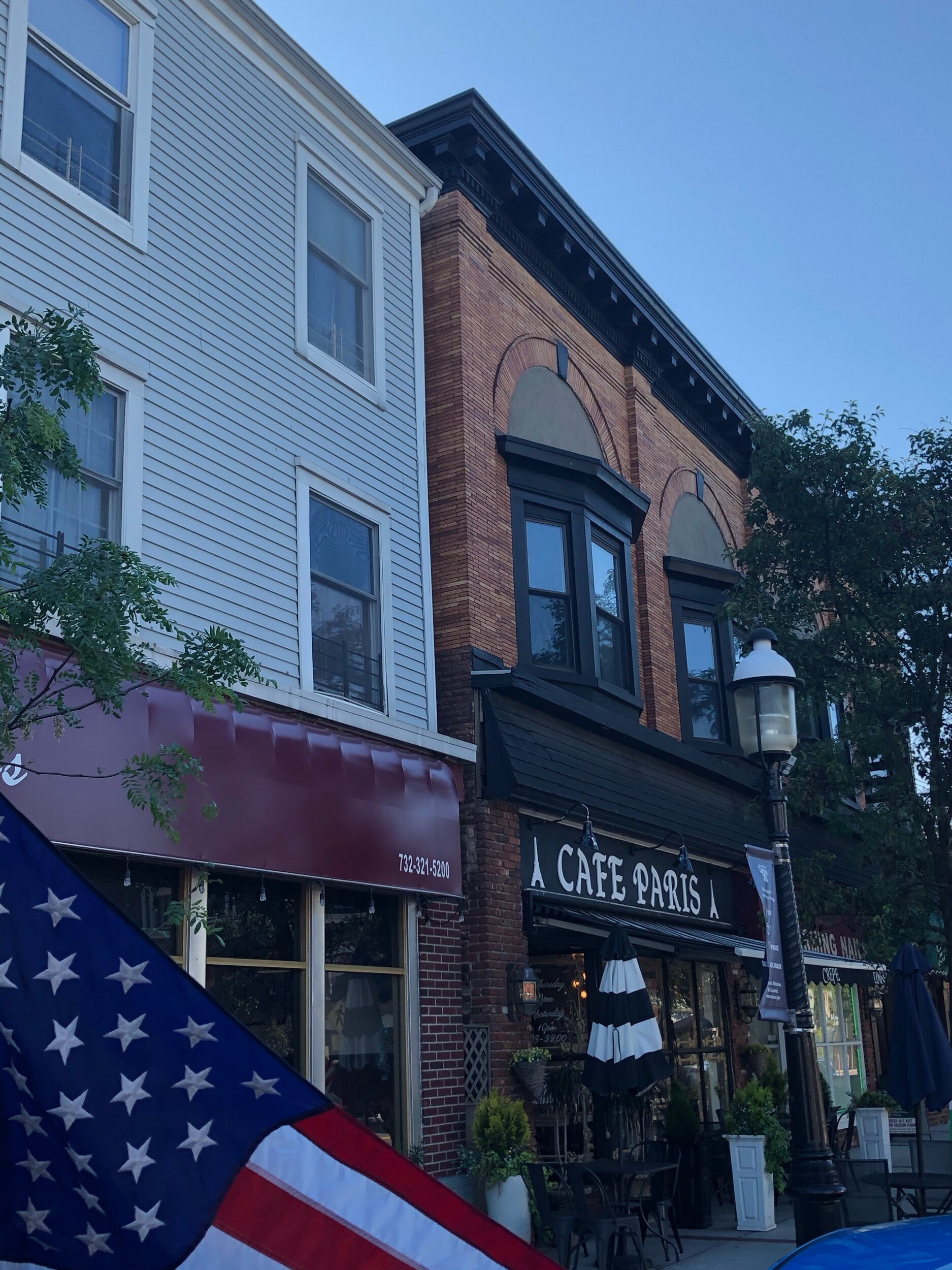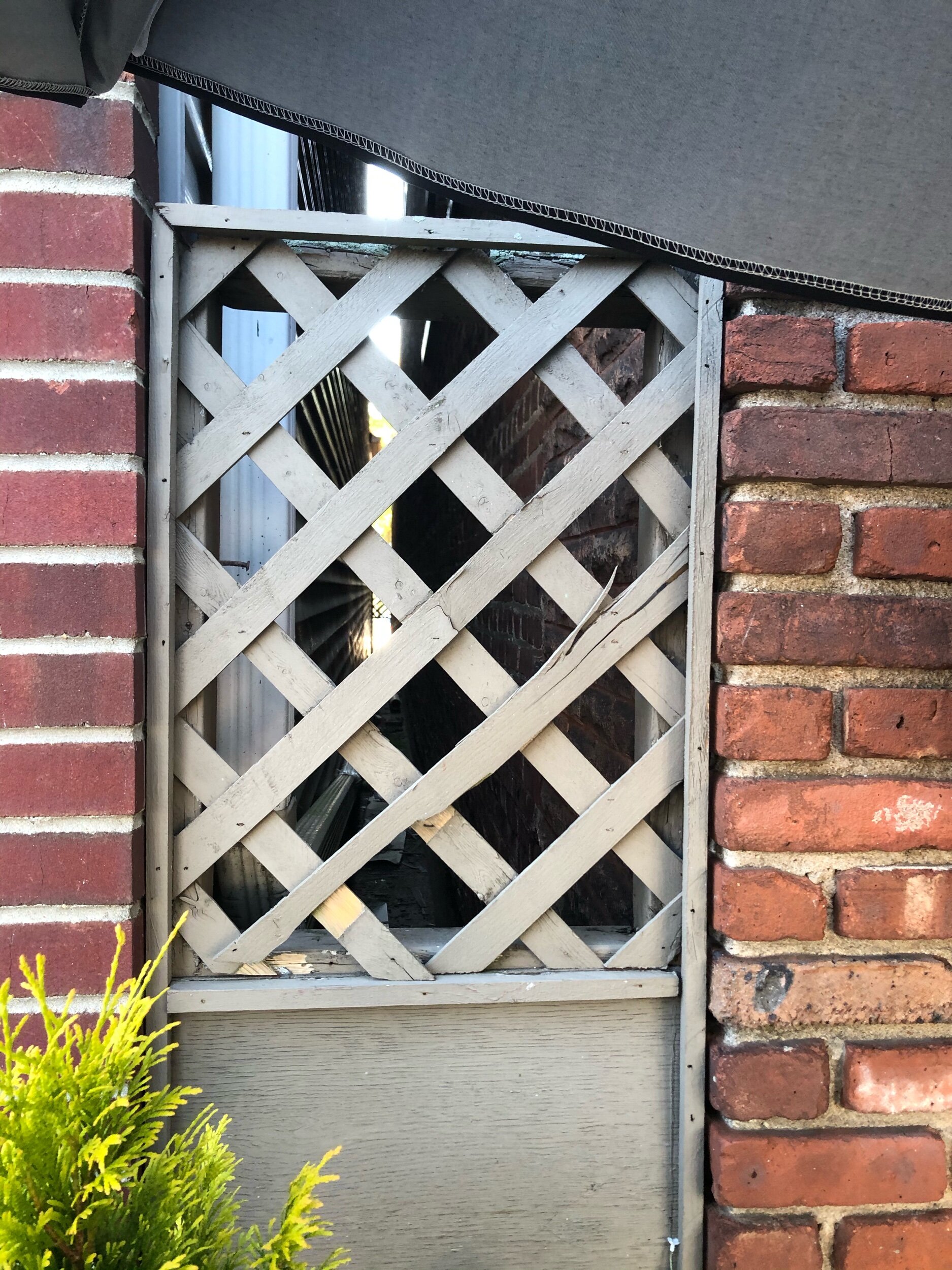Tips for Apparatus Driver Safety
According to the U.S. Fire Administration (USFA) Firefighter Fatality Reports, many firefighters and other emergency responders have died in the line of duty due to vehicle crashes involving emergency service vehicles while responding to and returning from incidents.
In order to effectively serve the communities, we are charged to protect, it is first necessary to ensure firefighters and other first responders’ arrival safely to the incident. As we've been training since day 1 of our fire service career, safety should be the high emphasis for all we do and particularly on vehicle operations safety. Whether it be in department apparatus or privately owned vehicles (POV) - within the scope of your respectively departments duties and responsibilities - all firefighters are expected to comply with all applicable traffic laws, as well as departmental safety policies and procedures (SOPs) at all times.
In the same manner as a fire scene, responsibilities for safety lie amongst all firefighters in the apparatus and not solely on the officer or driver.
Here are a few tips you should follow for safe driving of an apparatus when responding to and from all incidents.
Driver: Outside of firefighting operations once on scene, whether it be pump operations or aerial operations, the drivers first primary function is to safely transport firefighters and equipment to the scene while complying with all traffic laws, as well as department policies and SOPs.
• Ensure you have been trained to properly operate the apparatus you are in-charge of driving. Refer to NFPA 1002, Standard for Fire Apparatus Driver/Operator Professional Qualifications and NFPA 1451, Standard for a Fire Service Vehicle Operations Training Program for more.
• Prior to moving the vehicle from the bay or streets, ensure all firefighters are safely inside the apparatus and wearing their seat belts. If you're apparatus have the seat sensors, do not leave until the alarm turns off and all firefighters are buckled up in their seat.
• Never assume another vehicle can hear or see you.
• Slower is safer especially during poor road conditions or poor visibility.
• Always stop at intersections. It is only after coming to a complete stop before driving through any intersection or railroad crossing, even if you have the right of way. Again, never assume.
• When approaching an unguarded railroad crossing, it is best practice to stop, look and listen for an oncoming train. Never stop or park across railroad crossings.
• Prior to any firefighters exit the apparatus, ensure the vehicle is completely stopped and the air brake has been engaged.
• Always used a spotter when backing up even in perfect conditions and well-lit areas. Again, never assume anyone will see you or you will see them.
• If you're tired or under medication that limits your ability to drive, do not operate the apparatus.
Officer: The officer in the front right seat (officer-in-charge) is responsible for supervising the driver and firefighter assigned to the apparatus. This includes complying with and obeying all traffic laws, department policies and SOPs. It is also the responsibility of this seat to assist in radio operations and direction navigation while the driver's main focus is to safely operate the vehicle.
Backseat Firefighters: While riding in a fire department vehicle all firefighters riding in the back are required by law to comply with all safety policies and procedures.
These are just some tips for all firefighters and fire officers to be aware of when operating behind the wheel of their apparatus. Take these into consideration any time you are in your department vehicles.
Until next time, work hard, stay safe & live inspired.















